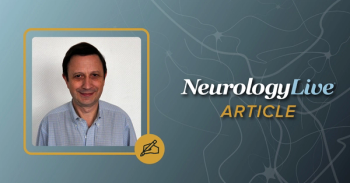
Emerging Treatments for EDS in Patients With OSA
Panelists discuss their excitement about future treatments, such as orexin agonists and nighttime approaches to sleep-wake balance, but express concern that insurance barriers and approval difficulties may prevent patients from accessing even the most effective new medications.
Episodes in this series

Video content above is prompted by the following:
Both panelists express excitement about orexin agonists as emerging treatments for excessive daytime sleepiness, though uncertainty about their market positioning in an already competitive landscape is acknowledged. The panelists' enthusiasm is tempered by growing concerns about insurance coverage barriers that prevent patients from accessing currently available medications. As small business owners, they understand the significant administrative burden required for medication approvals, often involving multiple denials, appeal letters, and lengthy insurance phone calls that can consume 90 minutes per patient for a single appeal.
The accessibility challenge extends beyond individual patient cases to broader treatment availability. Panelists worry that some providers may simply stop offering certain medications due to insurance difficulties, potentially creating scenarios where patients never learn about effective treatments. A panelist draws a parallel to cancer treatment, questioning whether patients might miss optimal therapies simply because physicians avoid the administrative burden of insurance appeals. This systemic issue could undermine the benefits of pharmaceutical innovation if excellent medications remain inaccessible due to coverage barriers.
Looking toward future developments, the focus extends beyond single-neurotransmitter approaches to understanding the complex interconnected effects throughout the brain. One panelist anticipates medications that influence multiple pathways simultaneously—orexin, histamine, and serotonin systems—recognizing that neurotransmitters affecting wakefulness also impact sleep regulation. There is particular interest in combination approaches and nighttime interventions that might enhance daytime alertness, similar to strategies used in narcolepsy treatment. The integration of weight loss medications into sleep medicine and the overall innovation in the field suggests promising developments ahead, provided that access barriers can be addressed alongside pharmaceutical advancement.
Newsletter
Keep your finger on the pulse of neurology—subscribe to NeurologyLive for expert interviews, new data, and breakthrough treatment updates.











